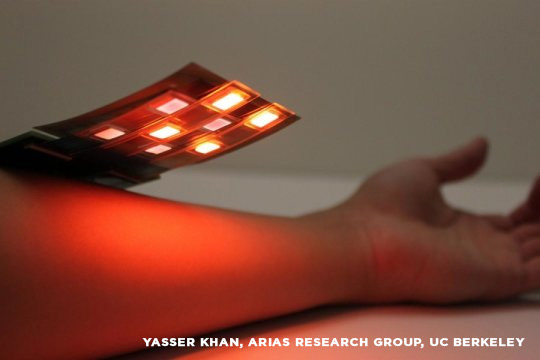
At least 2,150 terminals have been removed in the recent June quarter alone. This has brought the number of ATM terminals across the country to just 25,720 – their lowest level in 12 years – according to the Australian Payments Network.
According to Tony Richards, head of payments policy at the Reserve Bank of Australia, most of the ATM closures were in metropolitan areas, in locations such as shopping centers.
In addition, Australia’s “Big Four” banks – ANZ, Commonwealth, NAB and Westpac – have also shut down a combined 175 branches over the past 12 months. Of these, ANZ has the highest with 68 branches closed, followed by Commonwealth with 44. Meanwhile, Westpac and NAB have shut down 36 and 27 branches, respectively.
The widespread closures have divided public opinion and, more importantly, left 2.5 million elderly Australians who don’t do online banking with no way to access their money.
Closures speeding up the move to a cashless society
Even as the closures inconvenience some of Australia’s most vulnerable, banking officials are saying that they expect the trend of moving away from cash to continue in the long-term.
“Overall the bank expects the long-term downward trend in the use of cash to continue,” Richards said.
Meanwhile, the Australian Banking Association’s chief executive officer, Anna Bligh, said that the nation’s banks had already been investing to move into the cashless economy.
“Australia’s banks have invested heavily to keep up with the [customers’] banking preferences with technology and data now playing a key role in how banks do their business,” she said.
But not everyone is happy with the move by the banks.
Ian Heschke, chief advocate for National Seniors Australia, stated that many of the nation’s elderly feel more comfortable using cash amid fears of being scammed online.
“Many of them are older Australians and taking away services from them is going to be extremely difficult for them,” he lamented.
Australian’s split on the move to cashless
A number of Australians have decried the closures and expressed their anger online.
“This is stupid If I wasn’t living with my son and family I would not be able to have the Internet,” posted one woman on Facebook. “So how the hell do low income and pensioners get their money. Oh right we will be forced to walk into a bank and will be charged. Profit before people as usual.”
Some have even accused the closures as part of a conspiracy, with the government and banks using the pandemic as an excuse to push towards a fully cashless society.
“Banks ‘forced ‘don’t believe that, it more they wanted to shut them down so we move cashless,” added another. “Cash is still legal tender. Not to [mention] all the people young and old that would suffer from a cashless society. The banks and the government are pushing this. And they use COVID as a way to push this forward even more suggests business to accept contactless payment only. The government needs a wake up call.”
Others disagreed with this take.
“I work in retail and I call BS on this. I don’t see the cashless society. I see people working to budgets using cash, the elderly and not so elderly using cash,” posted another woman online.
COVID-19 pushing more towards e-commerce
Regardless of the reason, data shows that the coronavirus pandemic has pushed more Australians away from cash and towards e-commerce. New research from PayPal Australia shows that 23 percent fo Australian businesses and 21 percent of consumers are now completely cashless. (Related: Here it comes - Globalists call for cashless society in response to coronavirus, warning physical money is dirty.)
In addition, PayPal’s research also showed that around 2.5 million Australian adults started shopping online for the first time during the pandemic. Finally, 57 percent of those surveyed stated that they expect cash to be phased out of personal spending by 2030.
“The impact of COVID-19 on e-commerce in Australia is difficult to overstate. Millions of transactions that would normally have taken place in stores shifted to digital and more than two million Australians started shopping online for the first time,” stated PayPal’s Australian senior director Peter Cowan.
However, the data also shows that younger generations are leading the move to cashless. Older Australians, on the other hand, are more reluctant, with 46 percent saying that they’ll always use cash.
With this in mind, the question now then is what will happen to these older Australians if the expected move to a fully cashless society eventually happens.
Learn more about how the coronavirus is changing the way people spend at Pandemic.news.
Sources include:
Please contact us for more information.























